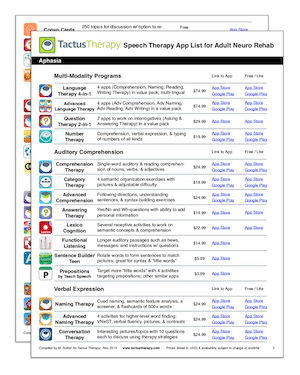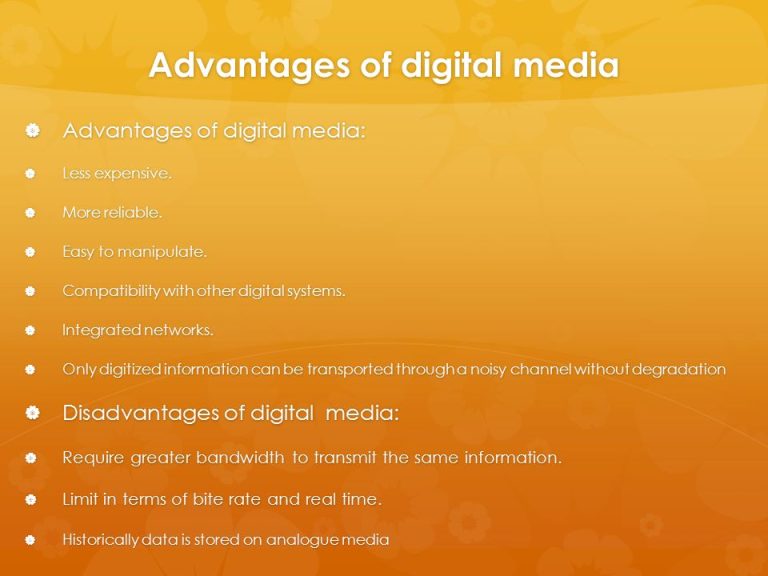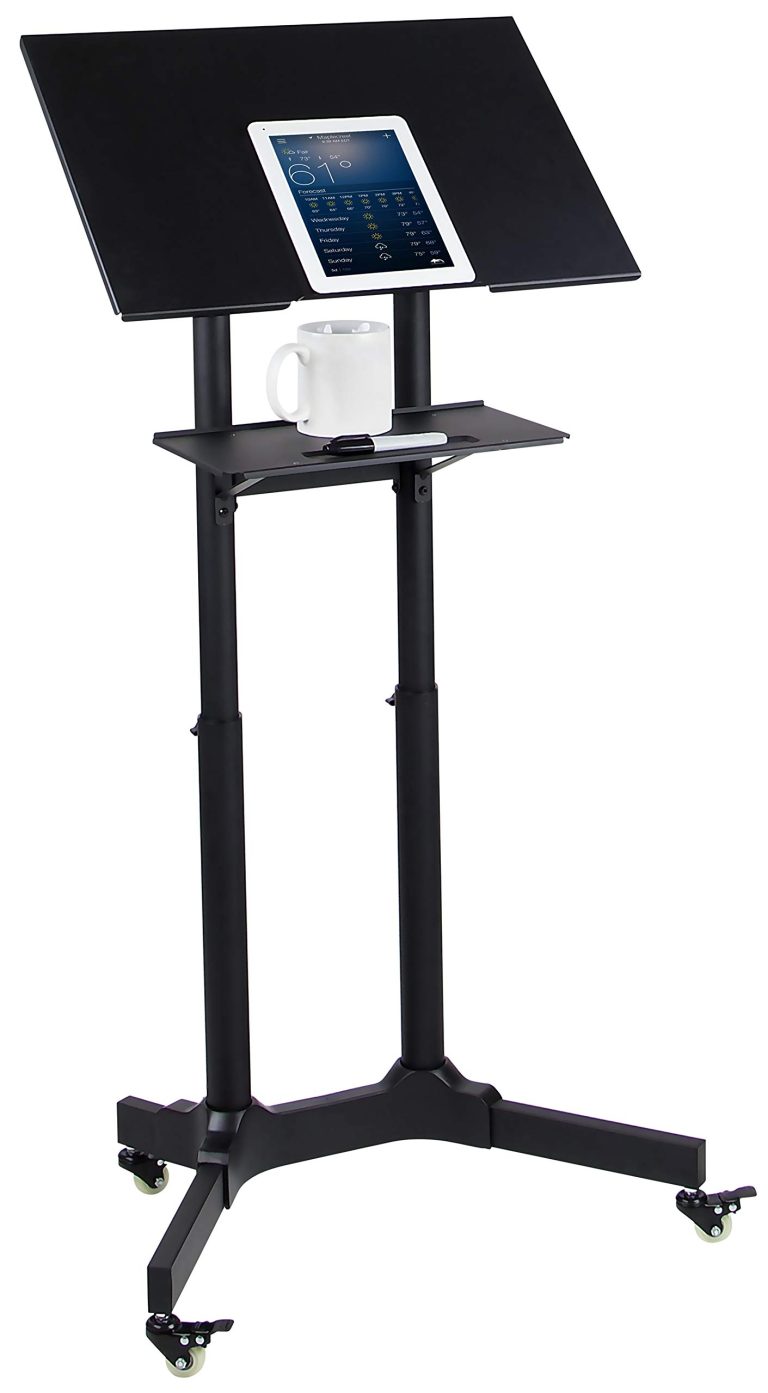Speech Therapy Apps For Adults
Speech therapy apps for adults are revolutionizing the way individuals improve their communication skills. With just a few taps on a smartphone or tablet, adults can now access a range of interactive and engaging tools designed to enhance speech and language abilities.
Whether you’re looking to improve pronunciation, develop fluency, or work on expressive language, speech therapy apps offer convenient and effective solutions. These apps provide a personalized learning experience, allowing adults to practice speech exercises at their own pace, anytime and anywhere.
Not only are these apps convenient, but they also make therapy sessions fun and engaging. Gone are the days of repetitive drills and exercises. Instead, adults can now use these digital tools that incorporate gamification, interactive activities, and real-time feedback to motivate and encourage progress. Get ready to embark on a journey of speech improvement, all with the help of innovative speech therapy apps for adults.

Speech Therapy Apps for Adults: Empowering Communication Skills
Speech therapy is not just for children. Many adults also benefit from therapy to improve their communication skills. In today’s digital age, speech therapy apps have become a popular tool to augment traditional therapy sessions. These apps provide convenience, accessibility, and personalized support for adults seeking to enhance their speech, language, and social skills. Whether you’re recovering from a stroke, managing a speech disorder, or simply aiming to polish your public speaking abilities, speech therapy apps can be a valuable resource on your journey to effective communication.
The Benefits of Speech Therapy Apps for Adults
Speech therapy apps offer numerous advantages that make them a great choice for adults looking to enhance their communication skills. Here are some key benefits:
- Convenience: With speech therapy apps, you can access therapy exercises and resources anytime, anywhere, eliminating the need for in-person sessions.
- Personalized Learning: These apps often use artificial intelligence and machine learning algorithms to adapt to your individual needs, providing customized exercises and feedback.
- Cost-Effective: Speech therapy apps are usually more affordable than traditional therapy sessions, making them accessible to a wider population.
- Privacy: Some adults may feel more comfortable practicing speech exercises and receiving feedback privately through an app, rather than in a group setting.
- Engaging and Interactive: Many speech therapy apps incorporate gamification elements, which make the learning process fun and motivating, leading to better retention and progress.
- Progress Tracking: These apps often include progress tracking features, allowing you to monitor your improvement over time and set goals for yourself.
1. Articulation Station
Articulation Station is a highly popular speech therapy app designed to help adults improve their speech clarity and pronunciation. The app provides a variety of exercises and activities targeting specific sounds, phonemes, and syllable structures. With clear audio recordings and visual cues, users can practice their articulation at their own pace.
Articulation Station also offers a customizable approach, allowing users to create custom word lists or upload personalized content. Additionally, the app includes progress tracking features, enabling users to monitor their improvement over time. Whether you’re working on consonant sounds, vowel sounds, or speech rhythm, Articulation Station offers a comprehensive toolkit for adult speech therapy.
Furthermore, Articulation Station is compatible with both iOS and Android devices, making it easily accessible to a wide range of users. The app’s user-friendly interface, engaging activities, and extensive content make it a top choice for adults looking to strengthen their speech and articulation skills.
2. Apraxia Toolbox
Apraxia Toolbox is an excellent speech therapy app specifically designed for adults with apraxia of speech, a motor speech disorder that affects the ability to coordinate the movements necessary for speech production. The app offers a range of interactive exercises and multisensory activities to improve speech planning, coordination, and timing.
Apraxia Toolbox provides a step-by-step approach, starting with basic sound production and gradually progressing to more complex words and phrases. The app also includes visual cues, auditory feedback, and modeling to facilitate learning and practice. Additionally, Apraxia Toolbox features data tracking and progress reports, allowing users and their therapists to assess improvement and adjust therapy goals as needed.
With its comprehensive content and user-friendly interface, Apraxia Toolbox offers a valuable resource for adults with apraxia of speech, enhancing their ability to communicate effectively and confidently.
3. Speech Blubs
If you’re looking for a speech therapy app that combines learning with fun, Speech Blubs is a perfect choice. Designed for adults with speech delays, language disorders, or aphasia, Speech Blubs offers a collection of interactive activities, videos, and games to stimulate speech and language development.
The app uses mimicking and videos of real people to encourage users to imitate and practice sounds, words, and phrases. As users engage in the activities, they receive instant feedback and rewards, making the learning process enjoyable and motivating. Speech Blubs also includes a reporting feature, enabling users and therapists to track progress and identify areas that require further focus.
With its engaging approach, rich content, and user-friendly interface, Speech Blubs appeals to adults of all ages who are seeking to improve their expressive language skills and boost their confidence in communication.
Key Takeaways: Speech Therapy Apps for Adults
- Speech therapy apps are useful tools for adults looking to improve their communication skills.
- These apps offer a variety of exercises to target specific speech difficulties.
- Some apps include video demonstrations and personalized feedback to enhance learning.
- Apps like Articulation Station and Speech Blubs provide interactive and engaging activities.
- Regular practice with these apps can help adults make progress in their speech therapy journey.
Frequently Asked Questions
Welcome to our Frequently Asked Questions section about speech therapy apps for adults. Below, you will find answers to some common queries regarding these apps and how they can help adults improve their speech and communication skills.
1. Can speech therapy apps really help adults improve their speech?
Yes, speech therapy apps can be effective tools for adults looking to enhance their speech. These apps are designed to provide exercises and practice sessions that target specific areas of speech and communication. They offer interactive activities, tailored lessons, and real-time feedback to help adults work on pronunciation, articulation, fluency, and other speech-related skills. By consistently using these apps, adults can make progress and see improvements in their speech abilities.
It’s important to note that speech therapy apps should not replace professional guidance. While these apps can be a valuable supplement to traditional therapy, it’s crucial for adults to consult with a speech therapist or pathologist to create a personalized plan and receive proper guidance throughout their speech therapy journey.
2. What are the benefits of using speech therapy apps for adults?
Using speech therapy apps can offer several benefits for adults. Firstly, these apps provide a convenient and accessible platform for practicing speech exercises at any time and in any location. This flexibility allows adults to fit speech therapy sessions into their busy schedules. Additionally, speech therapy apps often utilize interactive and engaging features, making the learning process enjoyable and motivating. Adults can track their progress, set goals, and receive immediate feedback, which boosts their confidence and encourages continued practice.
Speech therapy apps also offer a wide range of exercises and activities to target various speech-related challenges. Adults can focus on specific areas they want to improve, whether it’s pronunciation, vocabulary, articulation, or sentence formulation. The apps often provide personalized recommendations based on the user’s performance and progress, ensuring that the therapy is tailored to their individual needs.
3. Are there any speech therapy apps that are specifically designed for adults?
Yes, there are speech therapy apps that are specifically designed for adults. These apps understand the unique challenges faced by adult learners and provide exercises and activities suitable for their needs. They may include modules for improving professional communication, public speaking, accent reduction, and communication in social settings. Some apps even offer speech exercises specifically designed for adults with medical conditions affecting their speech, such as stroke or Parkinson’s disease.
It’s important for adults to research and choose apps that align with their specific goals and requirements. Reading reviews, consulting with a speech therapist, and exploring the features and exercises offered by different apps can help adults find the best fit for their speech therapy journey.
4. How can I track my progress while using speech therapy apps?
Most speech therapy apps provide tools to track your progress. These tools typically include features like performance summaries, progress graphs, and achievement badges. Adults can see their improvement over time, identify areas where they excel or need more practice, and set goals for themselves. Some apps also allow users to record their speech exercises and compare their pronunciation to native speakers or professional voice models to gauge progress.
Tracking progress in speech therapy apps provides a sense of accomplishment and motivation to continue practicing. It helps adults stay accountable and monitor their growth as they work towards their speech-related goals.
5. Can I use speech therapy apps as a supplement to traditional therapy?
Yes, you can absolutely use speech therapy apps as a supplement to traditional therapy. These apps can be a valuable addition to in-person or virtual therapy sessions, allowing you to practice and reinforce what you learn during your sessions. Speech therapy apps can provide a structured and consistent way to continue working on your speech goals between therapy sessions.
However, it’s important to remember that speech therapy apps should not replace professional guidance. The guidance and expertise of a speech therapist or pathologist are essential to create an effective therapy plan tailored to your individual needs. They can assist in monitoring your progress, making necessary adjustments to your therapy, and providing personalized feedback and guidance throughout your speech therapy journey.
Summary
Playing speech therapy apps can help adults improve their communication skills in a fun way. These apps provide exercises that target various aspects of speech, such as pronunciation and fluency. By using these apps regularly, adults can build confidence and overcome speech challenges. However, it’s important to remember that while apps can be helpful, they should not replace professional speech therapy sessions. It’s best to consult with a speech therapist to create a customized plan that meets individual needs.
In conclusion, speech therapy apps offer a convenient and enjoyable way for adults to enhance their communication abilities. By incorporating these apps into their routine, adults can work on their speech goals and progress at their own pace. Remember to use these apps as a supplement to professional guidance to optimize the benefits and achieve desired speech improvements.


